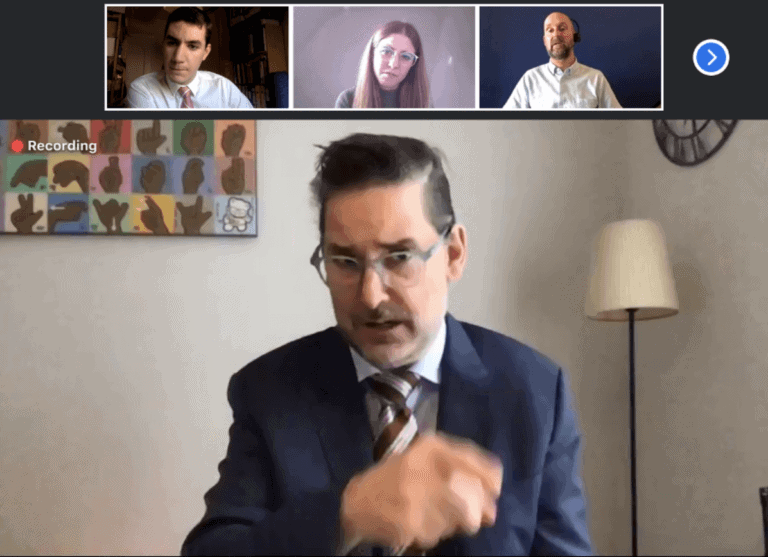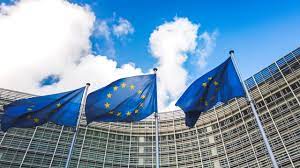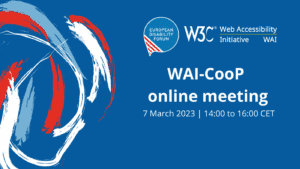On the 12th of November, the Spanish Press Agency EFE interviewed Mark Wheatley, EUD Executive Director, on transparent masks.
The COVID-19 pandemic and the response to it by governments has created situations of infringement of the rights of deaf persons: inaccessible information, lack of access to communication in hospitals, and further isolation, among other issues of concern. The mandatory rules of wearing face-covering masks have posed a major setback in the right to access information and communication for deaf persons, and various public authorities and deaf organisations are cooperating with private companies to produce certified transparent masks that will facilitate access to information and communication.
In the interview, Mark underlined that the COVID-19 pandemic has created unprecedented barriers for deaf persons, such as the obligation to wear face covering masks that limit the communication of many deaf persons. Mark recognised that transparent masks, as long as they are medically safe and certified, may play an important role in facilitating access to communication for deaf persons. However, he also explained that transparent masks are only the first step, and that many other measures must follow, such as allowing sign language interpreters to accompany deaf persons in hospitals, providing access to COVID-19 and mental health hotlines and fighting the isolation that many deaf persons, especially deaf elderly, are facing due to lockdown measures.
Mark also highlighted the importance of including deaf persons and persons with disabilities in COVID-19 recovery plans, so that deaf persons can equally benefit from policy responses to the COVID-19 pandemic. He also emphasised that inclusion of different groups in the recovery plans will ultimately result in more efficient policy responses to the COVID-19 crisis.
As a follow up to the interview, EUD will continue working with different stakeholders to showcase the additional barriers that many deaf persons continue to face in an effort to ensure compliance with the rights of deaf persons, especially in relation to the UN Convention on the Rights of Persons with Disabilities. EUD would like to share the findings and recommendations included in its position paper on the impact of the COVID-19 on the rights of deaf persons.
EUD would like to thank the Spanish Press Agency EFE for organising this interview.
A nemrégiben elfogadott Európai Elektronikus Hírközlési Kódex és az Európai Hozzáférhetőségi Okmány megerősíti az Európai Unió elkötelezettségét annak biztosítása mellett, hogy mindenki egyenlő feltételek mellett férhessen hozzá a 112-es számhoz.
Az EUD azonban emlékeztet arra, hogy most az uniós tagállamoknak kell cselekedniük. Az Európai Hírközlési Kódexben és az európai akadálymentesítési jogszabályban felsorolt, a 112-es segélyhívószám mindenki számára hozzáférhetővé tételére vonatkozó jogi kötelezettségeket gyorsan és ambiciózusan át kell ültetni a nemzeti jogszabályokba, és valóra kell váltani, hogy a fogyatékossággal élők érdemben és egyenértékűen hozzáférhessenek a 112-es egységes európai segélyhívószámhoz.
A 112-es nap alkalmából az EUD sürgeti az EU tagállamait, hogy kötelezzék el magukat a 112 mindenki számára hozzáférhetővé tételére vonatkozó kötelezettségek ambiciózus és gyors átültetése mellett, mivel itt életmentésről van szó, és ez nem várhat!












